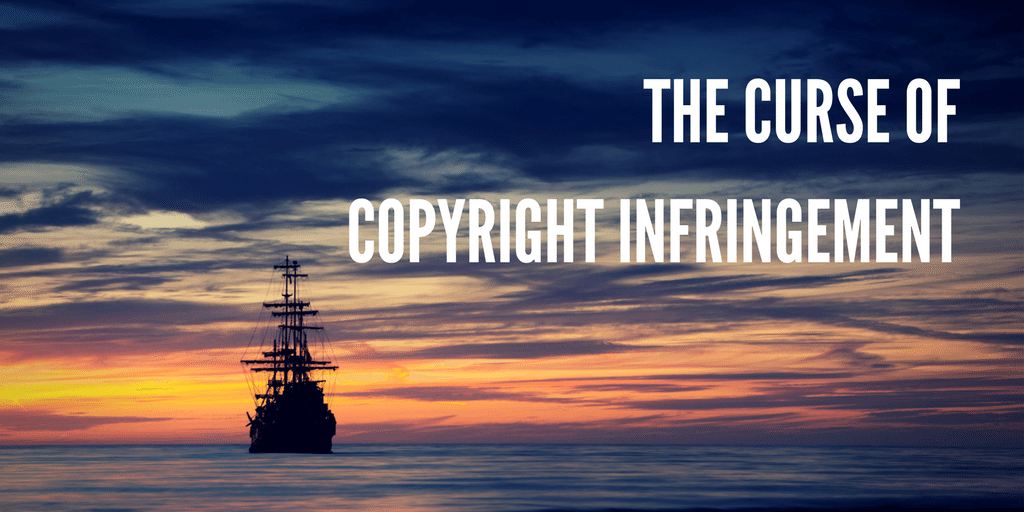The Curse of Copyright Infringement: Lessons from Pirates of the Caribbean
When Disney released Pirates of the Caribbean: The Curse of the Black Pearl, the media conglomerate found another curse—a copyright infringement accusation.
As Law360 chronicles, it wasn’t long after the release of this film that a lawsuit was underway.
According to the Hollywood Reporter, Royce Mathew, who had penned his own fictional tales, thought the film infringed on his own work and began a legal battle, even going so far as to advertise in Variety for a lawyer.
According to the article, the copyright infringement lawsuit officially commenced in 2005 and seemed to end in 2007. The reason? As the Hollywood Reporter explains, Disney released evidence revealing the film had its roots in the creations of artist Marc Davis.
However, the seemingly peaceful end to the lawsuit was premature.
From the timeline provided by Law360, the copyright infringement accusation erupted again after Disney released its book The Art of Walt Disney World Resort. As the Hollywood Reporter states, Mathew believed the book contained “Davis’ art, this time attributed to another artist named Collin Campbell.”
The dispute did not end until 2015.
What’s even more interesting is how it ended. According to another article in the Hollywood Reporter, the legal clash came to a halt because Mathew failed to properly rescind his settlement from 2007.
From 2005 to 2015, the knotty twists and turns reveal one thing: copyright infringement lawsuits are a curse to be avoided. Here are some timely lessons from this Pirates of the Caribbean saga.
Copyright infringement accusations are common.
This particular lawsuit is just one among many. It’s another name to add to the list of copyright disputes sparked by films. In this blog, we’ve covered lawsuits ranging from copyright infringement for film scores (think 12 Years a Slave) to plot themes (think Monsters, Inc.).
Filmmakers should recognize just how common these lawsuits can be.
Copyright infringement accusations reach beyond production houses.
When Mathew sued, he didn’t just sue one individual. A number of people were on his list. The Hollywood Reporter states that Mathew’s lawsuit accused…
- Buena Vista.
- Jerry Bruckheimer.
- And more.
If you don’t protect your film from copyright infringement, the result can be dragging a number of individuals into your film’s liability.
Copyright infringement claims can be lengthy.
From 2005 to 2015, Disney had to allocate time and resources to deal with Mathew’s accusations. And Disney’s happy ending isn’t guaranteed for anyone.
No one knows for sure how long the lawsuit would have continued or the end result had Mathew successfully rescinded his settlement. For Disney, the stakes were high. As the Hollywood Reporter notes, this lawsuit involved billions.
The key to mitigating risk for your film is prevention, and one of the ways you can protect your film is with script clearance.
While script clearance can’t protect you from copyright infringement accusations from an unknown artist, it gives you the protection you need to avoid the more obvious forms of copyright infringement.
Secure script clearance for your film, and avoid costly legal battles.


